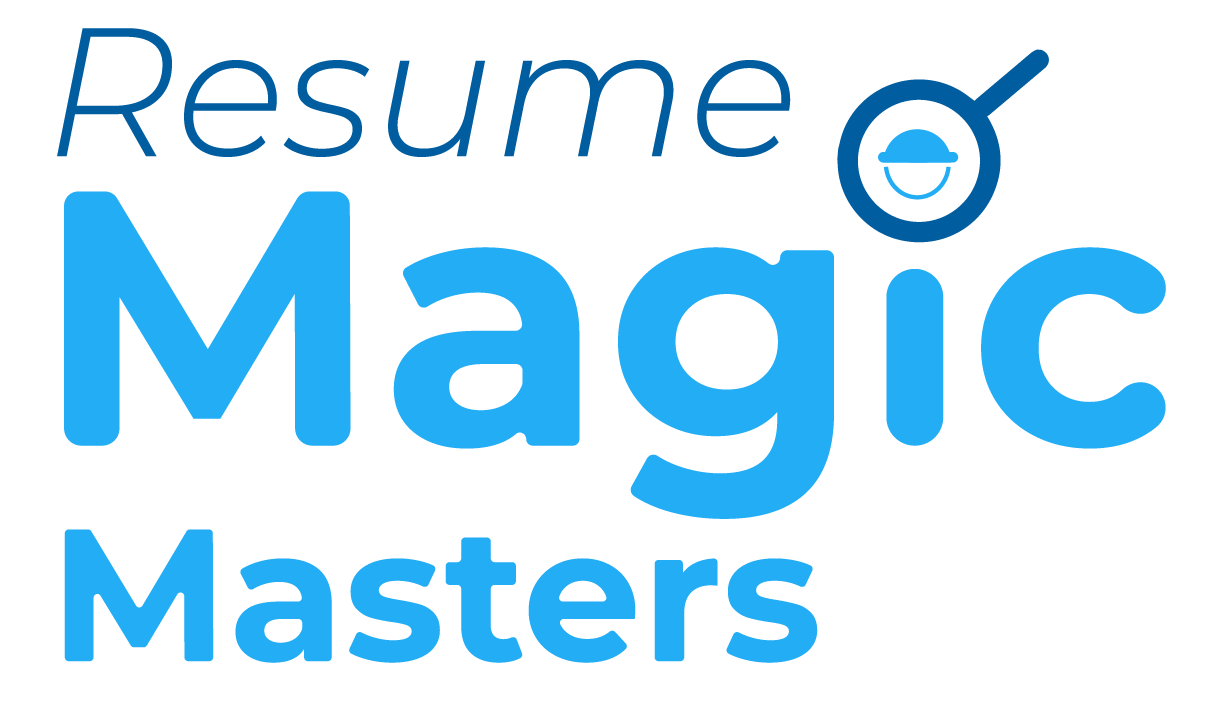Many job seekers assume that if a job posting doesn’t explicitly ask for a cover letter, they don’t need one. Big mistake! Even when not required, a well-crafted cover letter can significantly boost your chances of getting hired.
According to a study by Resume Magic Masters, 83% of recruiters say a strong cover letter can help a candidate stand out. So, why should you always submit a cover letter? Let’s dive into the reasons why it’s essential—even if the employer doesn’t ask for it!
1. A Cover Letter Adds a Personal Touch
Your resume is a structured document listing your skills and experience. But a cover letter is your chance to add personality and emotion to your application.
- It allows you to address the hiring manager directly
- It lets you show enthusiasm for the role and company
- It helps you connect with the employer on a deeper level
Example: Instead of simply stating that you’re an experienced sales professional, you can share how your passion for relationship-building helped you exceed sales targets by 50%.
2. It Highlights What Your Resume Can’t
A resume is concise, often limited to one or two pages, making it difficult to explain why you’re the perfect fit for the role. A cover letter allows you to:
- Expand on specific achievements
- Explain career gaps or transitions
- Demonstrate how your skills match the job requirements
Example: If you’re switching careers from teaching to marketing, your resume may not reflect relevant experience. In your cover letter, you can explain how your ability to engage an audience, create compelling lessons, and analyze student data translates into marketing skills.
3. Many Employers Still Expect It
Even if a job posting doesn’t require a cover letter, many hiring managers still read and appreciate them. According to a survey by ResumeGo, candidates who submitted a cover letter received 50% more interviews than those who didn’t.
Pro tip: When in doubt, always include a cover letter—it could be the deciding factor in getting an interview!
4. It Demonstrates Your Effort and Attention to Detail
Employers appreciate candidates who go the extra mile. By submitting a customized cover letter, you’re showing:
- Dedication and seriousness about the role
- Your ability to follow instructions and communicate professionally
- That you’ve researched the company and understand its needs
Example: Instead of using a generic letter, mention a specific company project, value, or recent achievement that excites you about working there.
5. It Helps You Stand Out in a Competitive Job Market
With hundreds of applicants vying for the same position, standing out is crucial. A strong cover letter can:
- Make your application more memorable
- Give recruiters a reason to choose you over others
- Position you as someone who truly wants the job
Example: If two equally qualified candidates apply, but only one includes a compelling cover letter, who do you think the employer will call first?
6. It Helps You Overcome Employment Gaps or Career Changes
If you have gaps in your work history or are transitioning into a new field, a cover letter allows you to address these concerns proactively.
- Explain employment gaps positively (e.g., personal growth, upskilling, freelance projects)
- Highlight transferable skills for a career change
- Showcase recent certifications or learning experiences
Example: Instead of letting a 6-month job gap raise red flags, use your cover letter to explain that you took time to complete an advanced certification, volunteer, or work on personal projects relevant to the job.
7. Some ATS Systems Still Scan Cover Letters
Many Applicant Tracking Systems (ATS) allow recruiters to filter candidates based on both resumes and cover letters. If your cover letter contains relevant keywords, it can improve your chances of being noticed.
Pro tip: Always tailor your cover letter by including keywords from the job description to make it ATS-friendly.
8. It Can Strengthen Your Salary Negotiation Power
A cover letter is the perfect place to set expectations for your salary and job role—especially if you’re applying for senior or specialized positions.
- Show why you deserve a higher salary based on past achievements
- Justify a career jump by explaining your added value
- Give recruiters confidence in your expertise
Example: Instead of waiting for salary negotiations later, your cover letter can state, “With my proven ability to increase revenue by 40% in my last role, I look forward to discussing a compensation package that reflects this value.”
9. It Shows Strong Communication Skills
Great communication is one of the most in-demand job skills. A well-written cover letter demonstrates your ability to:
- Organize your thoughts
- Express ideas clearly and concisely
- Persuade and engage the reader
Pro tip: Employers love candidates who can communicate effectively—your cover letter is a mini work sample proving you have this skill.
10. It Can Lead to Jobs That Aren’t Advertised
Even if a job posting doesn’t require a cover letter, some hiring managers forward standout cover letters to other departments or consider you for future roles.
Example: A recruiter may read your impressive cover letter and say, “We don’t have an opening now, but let’s keep them in mind for the next role.”
Final Thoughts: Always Include a Cover Letter!
A cover letter is not just an optional add-on—it’s a powerful tool that:
- Personalizes your application
- Gives you a competitive edge
- Helps you overcome employment gaps
- Shows effort and professionalism
Even if it’s not required, why miss an opportunity to make a lasting impression?
Need a professionally written cover letter? Our expert writers craft customized, job-winning cover letters tailored to your dream job.
Get started today and land more interviews!
